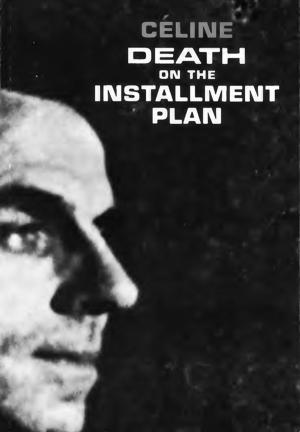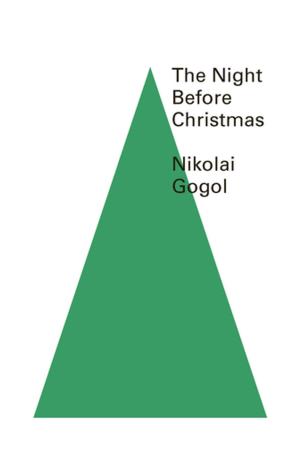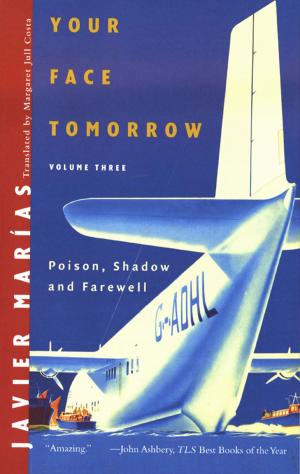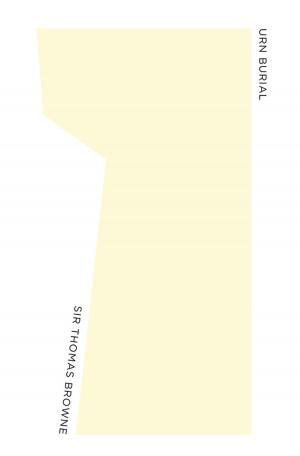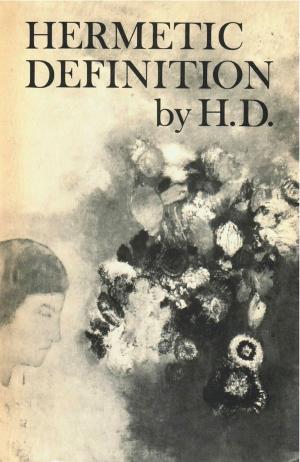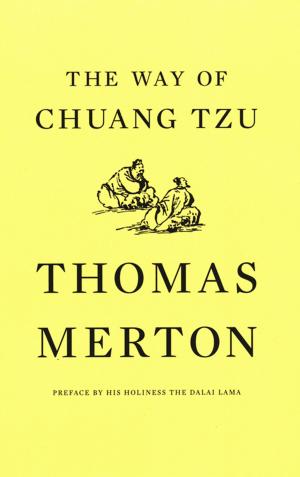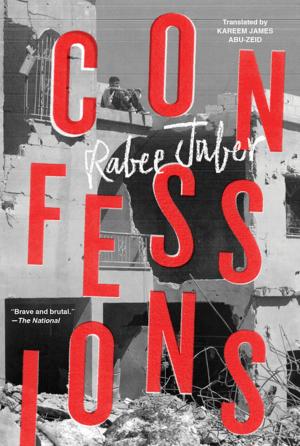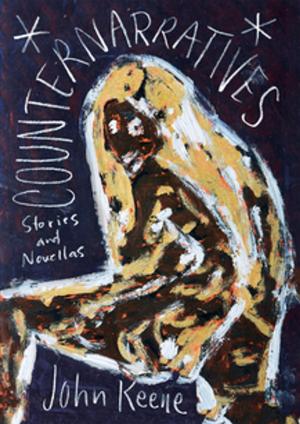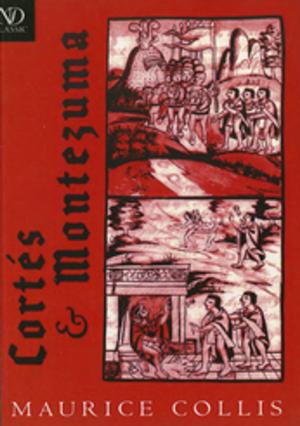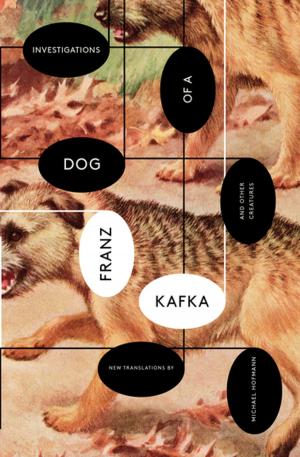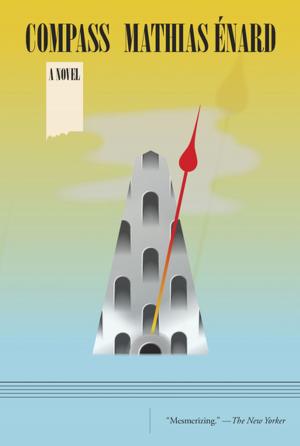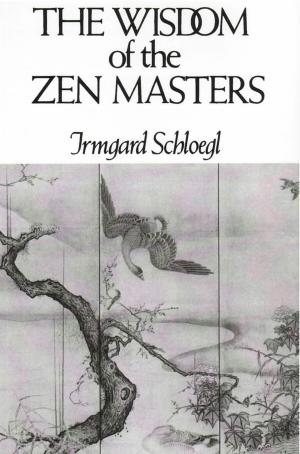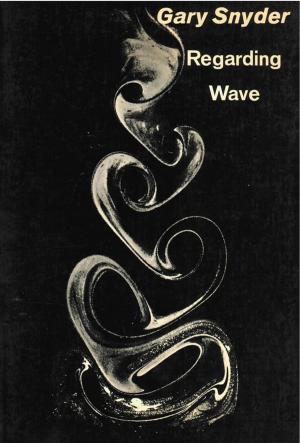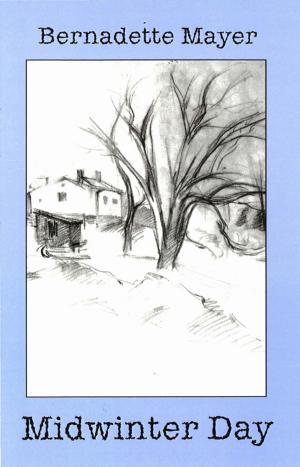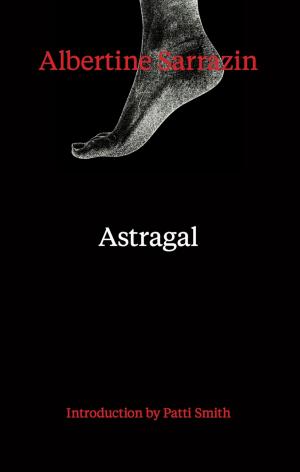| Author: | Qurratulain Hyder | ISBN: | 9780811204422 |
| Publisher: | New Directions | Publication: | March 26, 2019 |
| Imprint: | New Directions | Language: | English |
| Author: | Qurratulain Hyder |
| ISBN: | 9780811204422 |
| Publisher: | New Directions |
| Publication: | March 26, 2019 |
| Imprint: | New Directions |
| Language: | English |
“Magisterial” (Pankaj Mishra, The New York Review of Books) and “to Urdu fiction what One Hundred Years of Solitude is to Hispanic literature” (TLS)
The most important novel of twentieth-century Urdu fiction, Qurratulain Hyder’s River of Fire encompasses the fates of four recurring characters over two and a half millennia. These characters become crisscrossed and strangely inseparable over different eras, forming and reforming their relationships in romance and war, in possession and dispossession. River of Fire interweaves parables, legends, dreams, diaries, and letters, forming a rich tapestry of history and human emotions and redefining Indian identity. But above all, it’s a unique pleasure to read Hyder’s singular prose style: “Lyrical and witty, occasionally idiosyncratic, it is always alluring and allusive: Flora Annie Steel and E. M. Forster encounter classical Urdu poets; Eliot and Virginia Woolf meet Faiz Ahmed Faiz” (The Times Literary Supplement).
“Magisterial” (Pankaj Mishra, The New York Review of Books) and “to Urdu fiction what One Hundred Years of Solitude is to Hispanic literature” (TLS)
The most important novel of twentieth-century Urdu fiction, Qurratulain Hyder’s River of Fire encompasses the fates of four recurring characters over two and a half millennia. These characters become crisscrossed and strangely inseparable over different eras, forming and reforming their relationships in romance and war, in possession and dispossession. River of Fire interweaves parables, legends, dreams, diaries, and letters, forming a rich tapestry of history and human emotions and redefining Indian identity. But above all, it’s a unique pleasure to read Hyder’s singular prose style: “Lyrical and witty, occasionally idiosyncratic, it is always alluring and allusive: Flora Annie Steel and E. M. Forster encounter classical Urdu poets; Eliot and Virginia Woolf meet Faiz Ahmed Faiz” (The Times Literary Supplement).

